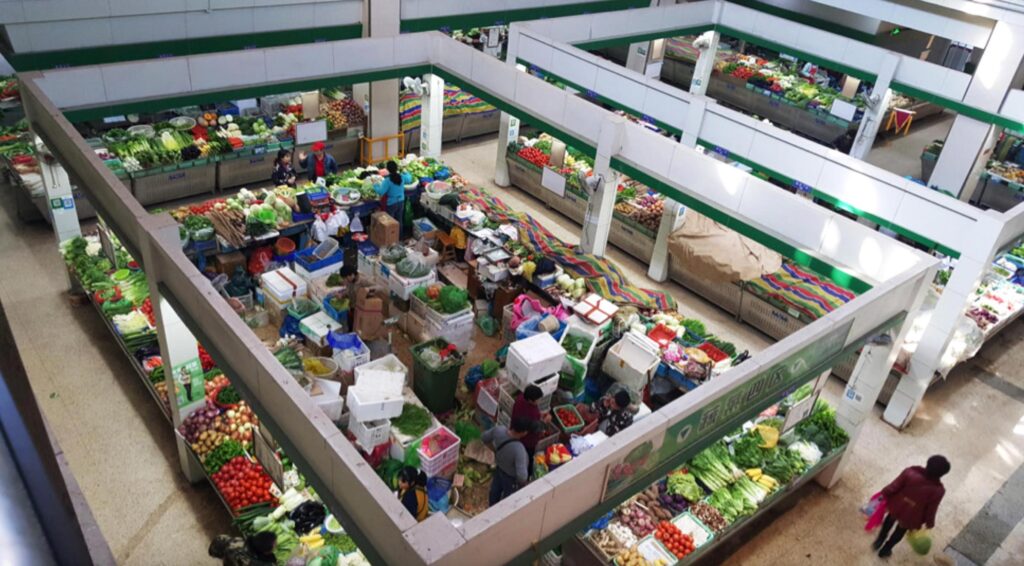The Role of Infrastructure Access in Urban Household Vulnerability to Food Insecurity in Southern Cities
The geographical concentration of poverty in informal neighbourhoods across cities is a common socio-economic feature of the urban form. Many of these impoverished areas also suffer from limited access to urban infrastructure. Given the expense and planning necessary to develop urban infrastructure, these areas are socially vulnerable in part because of their exclusion from urban […]

